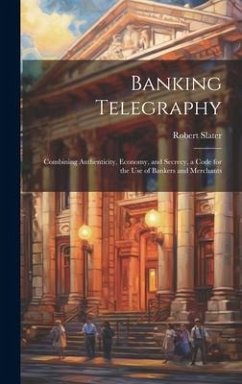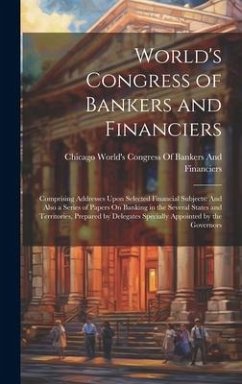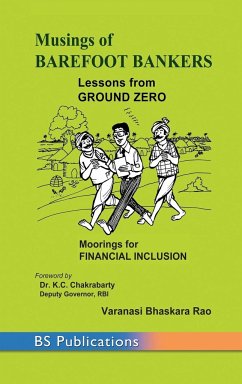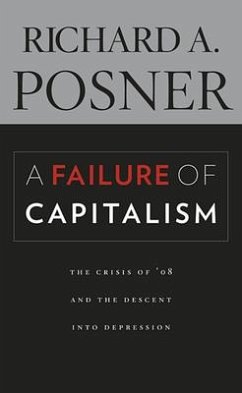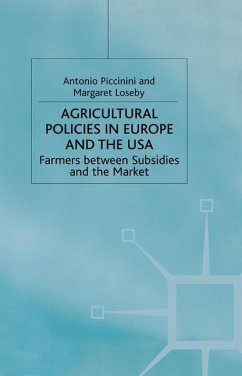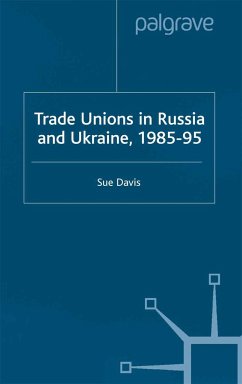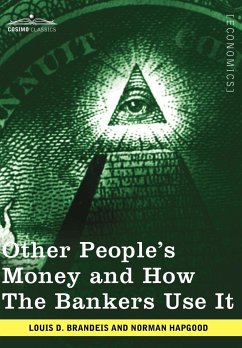
Other People's Money and How the Bankers Use It
Versandkostenfrei!
Versandfertig in über 4 Wochen
27,99 €
inkl. MwSt.
Weitere Ausgaben:

PAYBACK Punkte
14 °P sammeln!
The Economist magazine recently called him "a Robin Hood of the law": American lawyer LOUIS DEMBITZ BRANDEIS (1856-1941) developed the concept of the "right to privacy" in an 1890 law journal article, and-in this classic 1914 work-he denounced investment banking, corporatism, monopolies, and the consolidation of American wealth in the hands of a privileged few. In this collection of essays first published the year before in Harper's Weekly, Brandeis championed the progressive economic ideals of Woodrow Wilson's "New Freedom," explained how entrepreneurial efforts and small businesses were bein...
The Economist magazine recently called him "a Robin Hood of the law": American lawyer LOUIS DEMBITZ BRANDEIS (1856-1941) developed the concept of the "right to privacy" in an 1890 law journal article, and-in this classic 1914 work-he denounced investment banking, corporatism, monopolies, and the consolidation of American wealth in the hands of a privileged few. In this collection of essays first published the year before in Harper's Weekly, Brandeis championed the progressive economic ideals of Woodrow Wilson's "New Freedom," explained how entrepreneurial efforts and small businesses were being stifled and innovation and competition smothered in the fiscal environment he saw, and offered suggestions for reversing the trend. Hugely influential at the time, Other People's Money and How The Bankers Use It may have contributed to Brandeis's ascension to the United States Supreme Court Justice in 1916 (he would serve until 1939). Today, it serves another purpose: to remind us how the great experiment of American capitalism went astray... again, even in the wake of this powerful and important warning about the same dangers a century ago.



